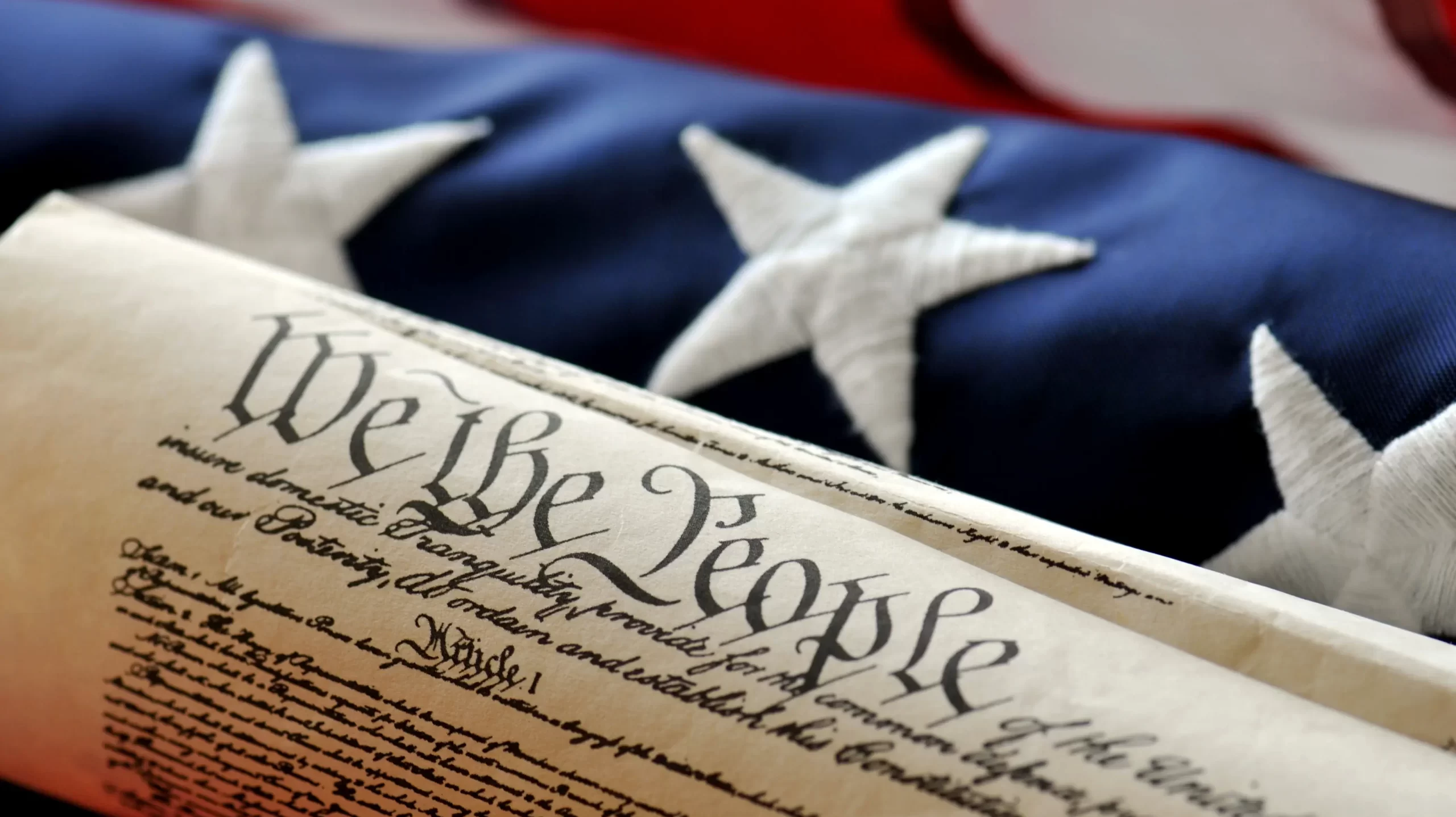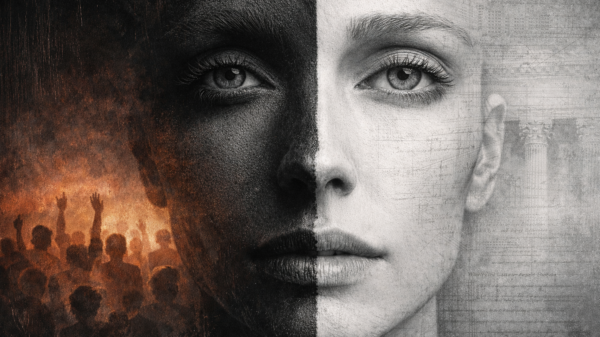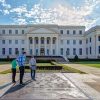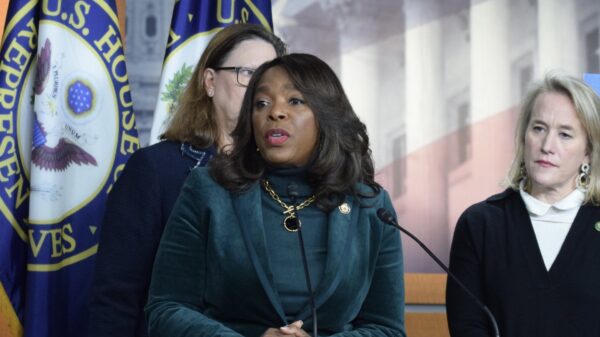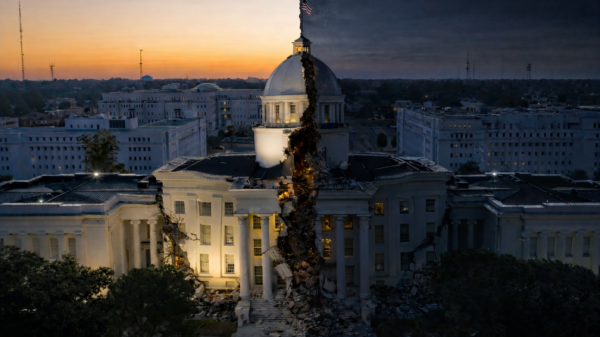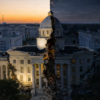The question “Am I my brother’s keeper?” has echoed through time as both a challenge and a test. In the biblical story of Cain and Abel, God confronts Cain with a chilling question: “Where is your brother?” Cain’s deflective response, “Am I my brother’s keeper?” is less an answer and more a rejection of responsibility.
In a world where greed, avarice, and the unrelenting will to dominate seem to reign, the question feels as urgent now as it did then. Are we, as individuals and as a society, living up to the responsibility of care and compassion? What does it mean to be good, to have a government that truly sees its people?
The oft-repeated phrase attributed to Alexis de Tocqueville — “America is great because she is good, and if America ever ceases to be good, she will cease to be great” — may lack historical accuracy, but its sentiment resonates. Tocqueville did write that “The health of a democratic society may be measured by the quality of functions performed by private citizens.” This observation cuts to the heart of our collective identity. If the health of our democracy depends on our actions, what does it say about us today? Are we acting as keepers of one another, or have we abandoned the principles of justice, fairness, and care that underpin a thriving society?
When we ask, “Who is my brother? Who is my sister?” we are really asking: Who is worthy of our care, our empathy, and our advocacy? The answer should be everyone. Yet, our laws and systems often suggest otherwise. We create hierarchies of worth — granting autonomy to some while denying it to others, caring for the privileged while neglecting the vulnerable. Do we stand for equal justice while realizing some people are “more equal” than others? What about our elderly and infirm, those whose vulnerabilities should summon compassion — do we see them, or do we turn away, citing the ever-convenient excuse of scarcity?
The truth is, we often fail to see one another as brothers and sisters. We may look with our eyes, but we see through distorted lenses of prejudice and fear. We may listen with our ears, but we hear through filters that twist voices into threats. Even love itself has become conditional, extended only to those who think, act, and believe as we do. This narrowing of empathy is a tragedy as old as Cain’s deflection.
How do we repair this brokenness? Have we lost our shared sense of decency, our ability to live together in peace and unity despite our differences? It feels as though the ties that once bound us—a shared belief in human dignity and the common good — have frayed beyond recognition. A nation that forgets its brothers and sisters is like a body that forgets its own limbs — disjointed, dysfunctional, and unable to stand tall.
When God asked Cain, “Where is your brother?” it was not a question of location but of accountability. Cain, in his guilt, chose to dodge the question. In doing so, he became not just the first murderer but the first to reject the moral responsibility of community. The story asks us to grapple with the same question: *Where is your brother?* The answer lies not in words but in actions.
Answering the question “Am I my brother’s keeper?” is not merely a passive exercise—it’s a call to action. It means choosing policies that prioritize justice and compassion, resisting the impulse to turn away from those in need, and fostering a culture where decency prevails over division. It requires us to recognize the humanity in those who disagree with us and to view diversity of thought not as a threat but as an opportunity for understanding.
Our future depends on whether we rise to this challenge or falter under the weight of self-interest. What will your answer be, not just in words, but in deeds?







































